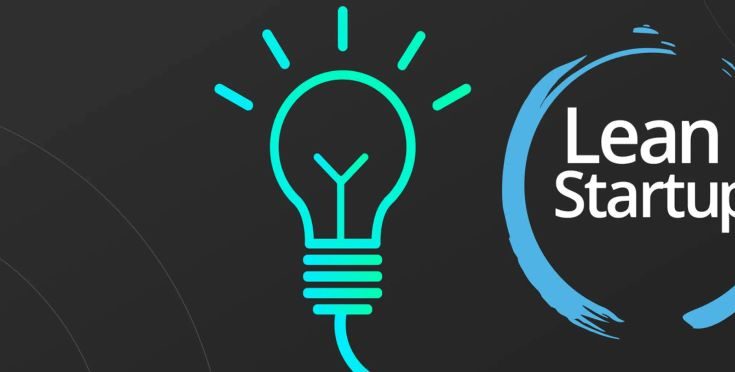The world of business is constantly evolving. In today’s fast-paced, competitive environment, it’s more important than ever for startups to be nimble and adaptable. Enter the lean startup method– a framework designed to help businesses launch products and services more quickly and efficiently, while minimizing risks.
The History and Concept
The lean startup method was popularized by Eric Ries in his book The Lean Startup. The methodology draws inspiration from the principles of lean manufacturing, which originated in Japan and emphasizes reducing waste and continuously improving processes. Applied to business development, the lean startup approach stresses validated learning, experimentation, and iterative product releases.
Why Lean Startup? The Core Benefits
So, why should entrepreneurs care about the lean startup method? Here are the key benefits:
- Reduced Waste: Traditional business models can waste resources on building features that customers may not want. Lean startup emphasizes a “fail fast” mentality. It’s about identifying what doesn’t work early, pivoting quickly, and conserving precious time and funds.
- Customer-Centricity: Unlike traditional models, where a product is fully developed before customer feedback, lean startup places customers at the core. Emphasis lies on building products and services that solve real customer problems and provide value.
- Faster Time to Market: Instead of spending months or years developing a full-featured product, a lean approach focuses on releasing a Minimum Viable Product (MVP). An MVP has just enough features to gather valuable feedback, enabling faster learning and iteration. This translates into getting your product in front of customers sooner.
- Data-Driven Decisions: The lean startup method is grounded in measurement. By constantly gathering and analyzing data, businesses make informed decisions about product development, marketing, and overall strategy.
- Increased Adaptability: Markets change quickly, and customer needs evolve. The iterative nature of the lean startup method helps businesses pivot quickly in response to feedback or changing market dynamics. This adaptability gives businesses using the method a competitive edge.

Key Principles of Lean Startup
The lean startup method revolves around a few essential concepts:
- Build-Measure-Learn Cycle: At the heart of the process is the build-measure-learn feedback loop. This involves developing a hypothesis, building an MVP to test it, measuring the results, and learning from the data to guide future iterations.
- Minimum Viable Product (MVP): An MVP is a version of your product with just enough core features to gather meaningful customer feedback. The goal is to get something in front of potential customers quickly, learn from their responses, and iterate.
- Validated Learning: Lean startup favors validated learning over untested assumptions. This means gathering data through experimentation to confirm or disprove your hypotheses about your target market and product.
- Pivot or Persevere: Data and customer feedback help businesses decide whether to pivot (make a significant change in direction) or persevere with their current strategy. The ability to react quickly can make the difference between business success and failure.
Beyond Startups
While the lean startup methodology was initially developed with startups in mind, its principles can be applied to businesses of all sizes and in various industries. Even established companies utilize lean approaches to innovate, launch new products, and test new ideas.
Putting It into Practice
Adopting the lean startup method may require a cultural shift. Here are practical ways businesses can start:
- Embrace Experimentation: Create a culture where experimentation is encouraged. Set up processes to design, run, and analyze small-scale tests quickly.
- Focus on Customer Feedback: Establish channels for gathering and integrating customer feedback into your product development cycle.
- Iterate Constantly: The lean startup methodology relies on continuous iteration. Release updates and new versions frequently based on what you learn from customers.
The lean startup method isn’t a magic bullet, but it’s a potent tool for today’s entrepreneur. By minimizing waste, prioritizing customer needs, and adapting quickly, businesses increase their chances of finding product-market fit and achieving long-term success.




